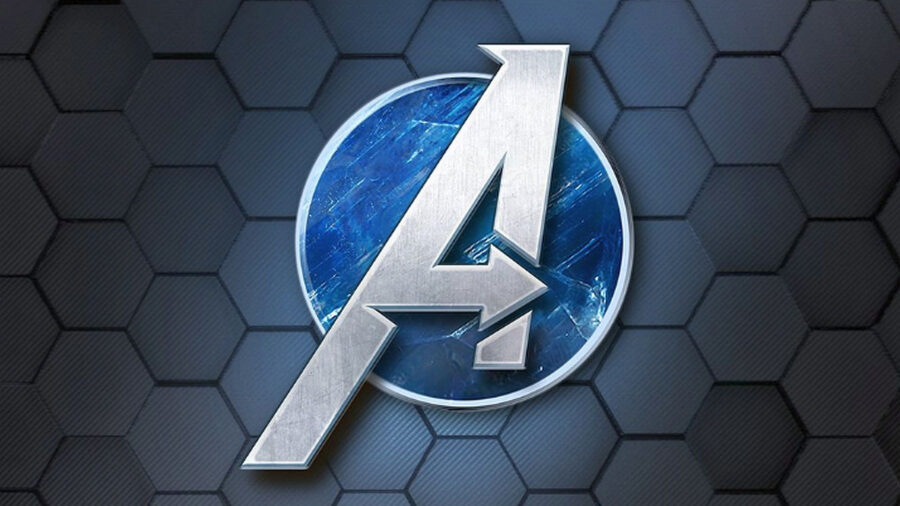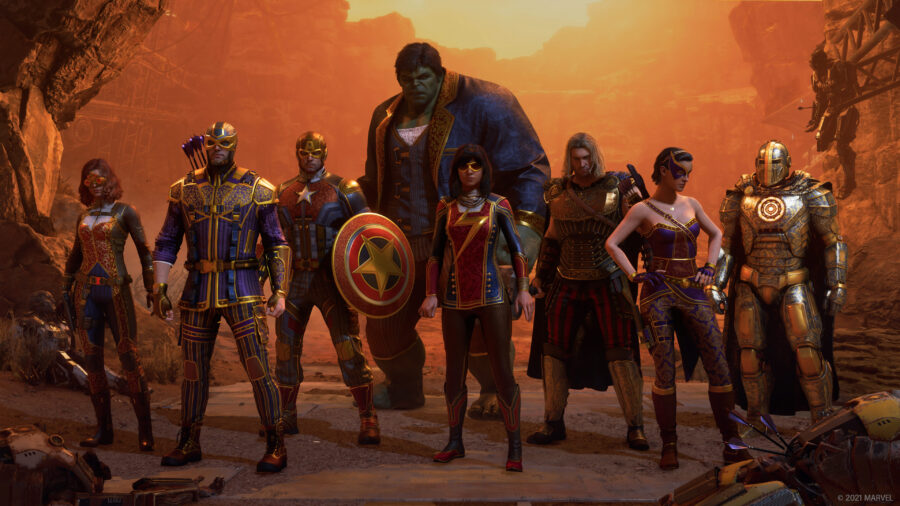Marvel’s Biggest Game Is Officially Dead
Square Enix's Marvel's Avengers is officially dead.

2020’s Marvel’s Avengers, published by Square Enix, is officially dead. Following our previous discussion about video game cancelations ramping up, Electronic Arts canceled a slew of its in-development titles, Ubisoft followed, while the rest of the gaming industry still struggles to maintain reasonable profit margins. Even Sonic was murdered by Sega, though not as a cost-cutting measure. Square Enix’s Marvel’s Avengers has been slowly dying and shutting down in the meantime, but we can’t actually prescribe its death and decay to the current state of the industry.
According to Forbes, Marvel’s Avengers just suffered the same destiny as many live-service games that don’t generate enough revenue—it’s facing a shutdown. The game shipped its final patch just a few days back, and will no longer receive any updates or support from its developer, as no future content is being made for the game. The game’s official life support will be plugged on September 30 this year, but Crystal Dynamics has announced a little good news stemming from the tragic ending of one of the most mediocre releases with a high-profile sticker attached—the content is now free.

Let’s start by saying that the game is officially dead, as in no more content being released since the company can’t make any more money from Marvel’s Avengers. Which company exactly remains unclear since both Disney (who owns Marvel) and Square Enix have a known history of milking their franchises dry, so we’ll assume that both are to blame for the game’s epic failure. Marvel exerted way too much control over the depiction of its character in the game, Square Enix wanted all those microtransactions, and Crystal Dynamics tried to make it all happen.
Unfortunately, things tend to go south when an immovable object meets an unstoppable force, and this is precisely what happened. You don’t mix looter games with superhero narratives and then make all the loot non-cosmetic or non-susceptible to transmogrification in-game. This effectively made all cosmetics paid during the game’s run, which wouldn’t be an issue, were it not for a really thin narrative within the game, a rather short story—which was admittedly expanded—and really lousy-quality Marvels’ Avengers skins that left the fans furious.
Don’t get us wrong. It’s entirely possible to make a superhero looter game, but only in case the developers decide to actually give players some randomized loot that would be entirely separate from the paid skins. Unfortunately, that never happened with Marvel’s Avengers; we had loot that would allow us to obtain skins and skins that we had to pay for. And this is only one of the fundamental issues that have plagued the game from its beginnings in 2020; lack of content and poor replayability were also problematic.
Ultimately, Square Enix decided that its focus is better spent on a cryptocurrency game with up to 10,000 microtransactions after cryptocurrencies crashed; Crystal Dynamics probably moved onto other projects, and someone among them decided that all the content in the store should now be entirely free. At least they gave Marvel’s Avengers (the game, not the superheroes) the funeral gamers would remember for a while until some other game dies, and we collectively remember just how finicky live service releases can be.













